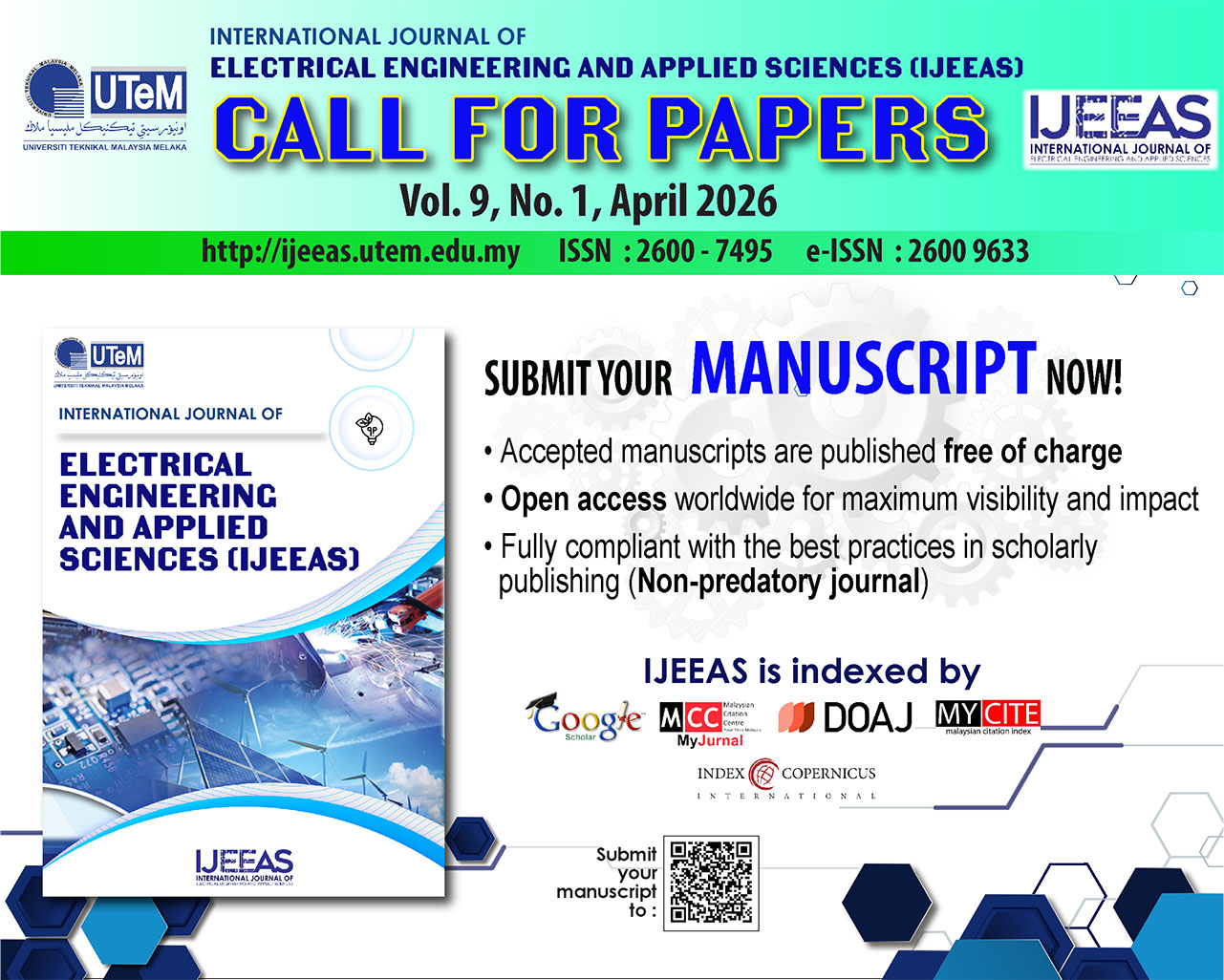Determination of the Fire Resistance Characteristics of Transformer Insulating Oils Through Pool Fire Experiments
Abstract
Fire safety is crucial for oil-immersed power transformers due to the potential destruction of infrastructure and damage to the environment as well as the risks to human health and safety caused by transformer fires and explosions. One of the essential elements of oil-immersed power transformers is the insulating oil which is used for insulation and cooling purposes. However, the insulating oil can pose significant fire hazards, particularly mineral oil, which is highly flammable. Hence, it is crucial to perform fire resistance tests to determine the fire resistance characteristics of transformer insulating oils. This study investigates the fire resistance characteristics of O-class (mineral oil and fatty acid methyl ester) and K-class (natural and synthetic esters) transformer insulating oils through pool fire experiments simulating realistic fire scenarios. During the fire resistance test, ignition time and oil temperature were recorded. Subsequent Fourier transform infrared was used to analyse the chemical bonds of the transformer insulating oils. Results showed that mineral oil and fatty acid methyl ester ignited upon thermal exposure, while natural and synthetic esters did not ignite, even at temperatures exceeding 300 °C. These findings demonstrate that natural and synthetic esters exhibit superior fire resistance compared to mineral oil and fatty acid methyl esters.
Downloads
Downloads
Published
How to Cite
Issue
Section
License
Authors who publish with this journal agree to the following terms:
- Authors retain copyright and grant the journal right of first publication with the work simultaneously licensed under a Creative Commons Attribution License that allows others to share the work with an acknowledgement of the work's authorship and initial publication in this journal.
- Authors are able to enter into separate, additional contractual arrangements for the non-exclusive distribution of the journal's published version of the work (e.g., post it to an institutional repository or publish it in a book), with an acknowledgement of its initial publication in this journal.
- Authors are permitted and encouraged to post their work online (e.g., in institutional repositories or on their website) prior to and during the submission process, as it can lead to productive exchanges, as well as earlier and greater citation of published work (See The Effect of Open Access).







